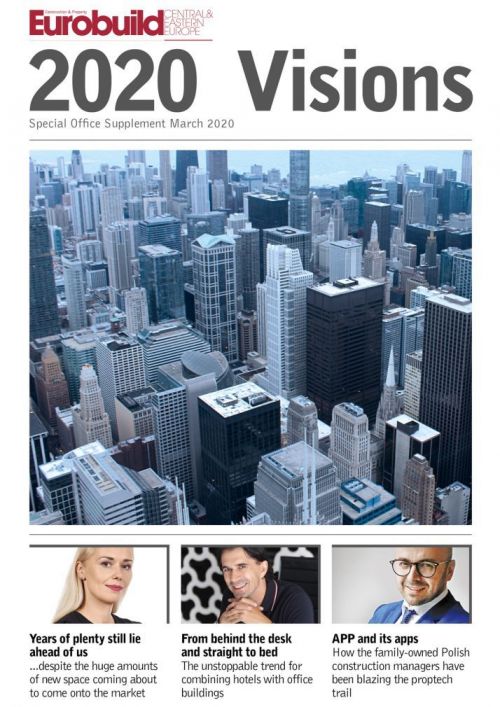This data was to be inputted and indexed through the integrated use of head-mounted cameras, microphones and typewriters, devices that could all be used or accessed from a single desk – the forerunner of today’s workstation. Bush even predicted hyperlinks and voice recognition software. In one form or another much of his original vision has come to pass – and has even surpassed it in scale and function, as microfilm has made way to digital memory and head-cameras to VR headsets. But the sheer amount of data now available to us goes way beyond this conception, as does the computing power and the range of systems at our disposal: big data, AI, AR, IoT, RFID, cloud computing, machine learning and robotisation – these are all integral to the evolution of the smart office. What Bush could maybe not envision was how the development of the internet and mobile systems would actually untether office workers from their desks, enabling work to be done remotely and more flexibly. Mobile te





























































